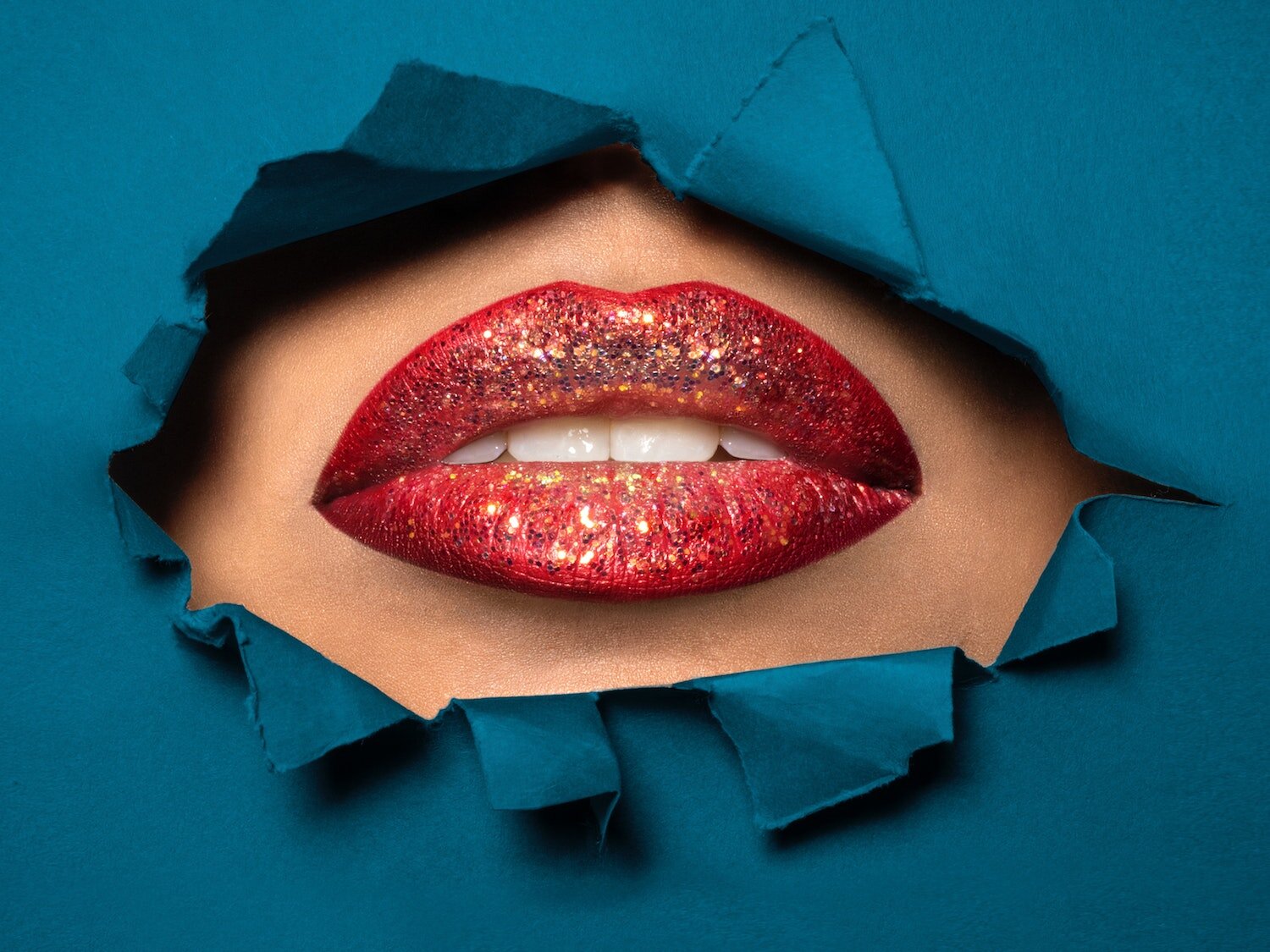A Kiss Isn't Just A Kiss: Unveiling The Real Reason Behind Kissing
We all know that kissing is an essential part of love relationships. But do you know why? How come pressing our lips on someone else's become a thing? And why kissing gives us butterflies in the stomach? While there are many unanswered questions, scientists and historians still discovered a thing or two on the origins of kissing, and the reasons behind this social practice. Let's dive in!
Kissing, getting back to basics
What do we mean by kissing?
According to the Cambridge dictionary, kissing means "to touch with your lips, especially as a greeting, or to press your mouth onto another person's mouth in a sexual way."
Cheek kissing is a prevalent social ritual as a way to greet and say goodbye, but also to show affection to friends and family. While in the context of a romantic and/or sexual relationship, lip-to-lip contact is performed to show affection, love and arouse a partner.
When did we start to kiss?
One of the first mentions of kissing appeared in Indian literature around 3500 years ago. The famous Vedic Sanskrit texts, the Mahabharata and the Kama Sutra, feature descriptions of people kissing, but it doesn't mean that no one kissed before that!
Among Western societies, there aren't many records of kissing until the Roman Empire. Back then, it was already common for people to kiss to greet friends and family. It was also customary to kiss the hand of rulers, and obviously, to kiss romantic partners. Romans had even different words to differentiate kisses given on a cheek, lips, and intense ones reserved for lovers.
Kissing is also mentioned in the Bible as a way to greet "salute one another with a holy kiss", and we also know that it could seal deals in the Middle Ages.
Is kissing learned or instinctive to humans?
The origin of kissing is still a dilemma for scientists, historians, and anthropologists. Is it learned or instinctive? Some say that it's a learned behavior, as 10% of humans don't kiss at all.
Others affirm that by observing animals' behavior, we can tell that kissing is partly instinctive to humans. For example, bonobos regularly kiss (with the tongue, please!) to enhance bonding, especially after fights. As for Chimpanzees, they use kissing to reconcile with one another.
Evolutionary biologists suggest that kissing originates from kiss-feeding, consisting of chewing up baby food before feeding them. Yes, exactly as birds do! While back in human history, premastication was a common practice, still prevalent in non-Western countries, for example, in China.
Kissing, a universal practice?
Well, it's not! And animals don't do it either, with a few exceptions mentioned above.
A research scientist at Kinsey Institute led a study on the practice of romantic kissing in 168 cultures all over the world. It revealed a few interesting facts.
Only 46% of these cultures engage in romantic and sexual kissing, mainly in the Middle East, North America, Europe, and Asia. However, it's utterly absent from Central America, Sub-Saharan Africa, and among New Guinean or Amazonian foragers or horticulturalists.
In fact, contemporary hunter-gatherer groups practice no kissing of all sorts. And so, scientists puzzle over the meaning of this gap: does that mean that this practice is fairly recent in human history? If these groups evolved in different ways, why did we start kissing while the others did not?
Why do we kiss on the lips? The science behind it
Kissing makes us feel (damn) good
First of all, kissing causes a chemical reaction in our brain: it increases oxytocin levels (the love hormone!), influencing feelings of attachment and affection.
For men, this hormone is particularly important to bond with a partner, and to remain monogamous. Women experience a burst of oxytocin during childbirth and breastfeeding, which also affects bonding with their children.
Secondly, humans release serotonin and dopamine (other happy hormones) while kissing, making us feel pleasure and euphoria! It also lowers cortisol levels, the stress hormone. Besides, our lips are packed with nerve endings making them the most exposed erogenous zone of the body.
More than instant gratification, kissing has long-term effects too. A 2013 study revealed that couples in long-term relationships that regularly kiss experience greater satisfaction.
Today's takeaway? Kissing enhances bonding and connection with your partner!
Why do we kiss? The unveiled function of smooching
According to a 2017 study, kissing represents way more than a single lip-to-lip contact to women: it might be a way to assess a partner's potential! Other studies show similar results.
For men, though, kissing is a way to make women more receptive to sex, especially as female respondents declared that lovemaking is less likely to happen without kissing beforehand. Additionally, saliva exchange is apparently a turn-on, enabling people to pick each other's pheromones and testosterone. Sexual arousal guaranteed.
The bottom line? A kiss isn't just a kiss. The ultimate function of kissing might actually be to find a suitable mate! And remember: a good kiss significantly impacts the length of a relationship and your overall level of satisfaction.
Keep on kissing, folks ♥︎











Let's be honest: what is the first thought that comes to your mind when you hear about scheduling sex? Boring. Laborious. So-not-sexy. Yet, many sexologists swear by this practice to cultivate intimacy within a relationship.